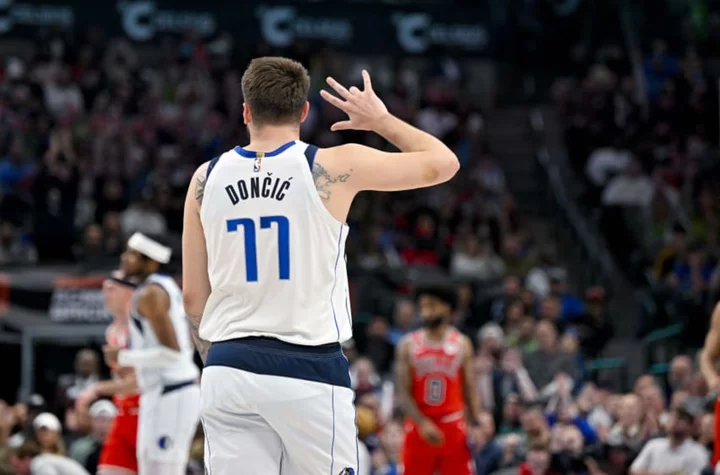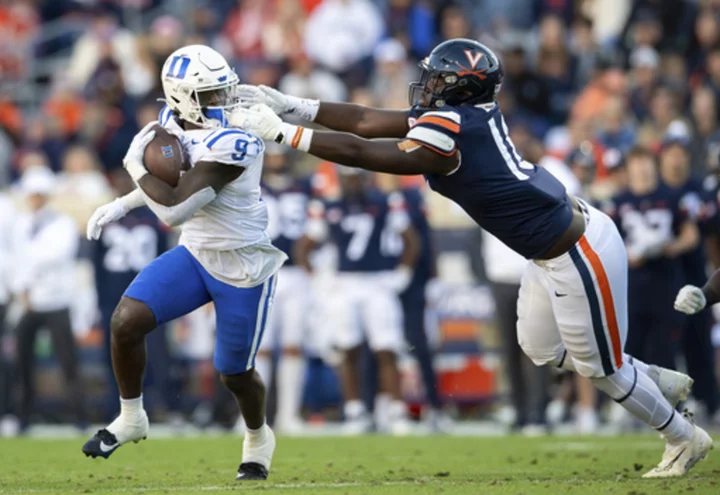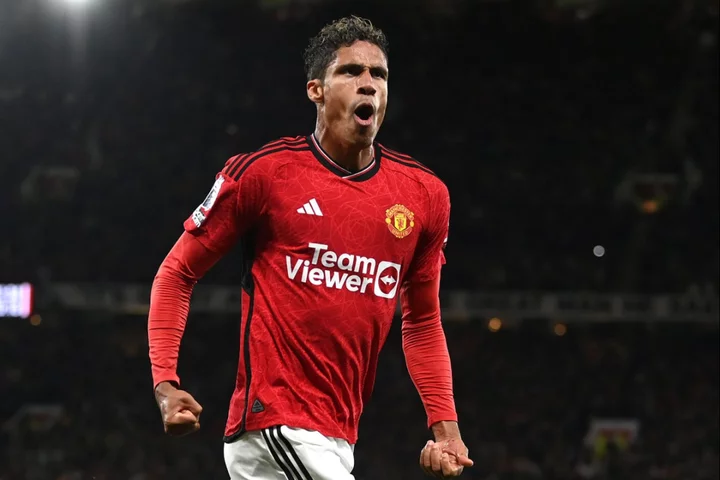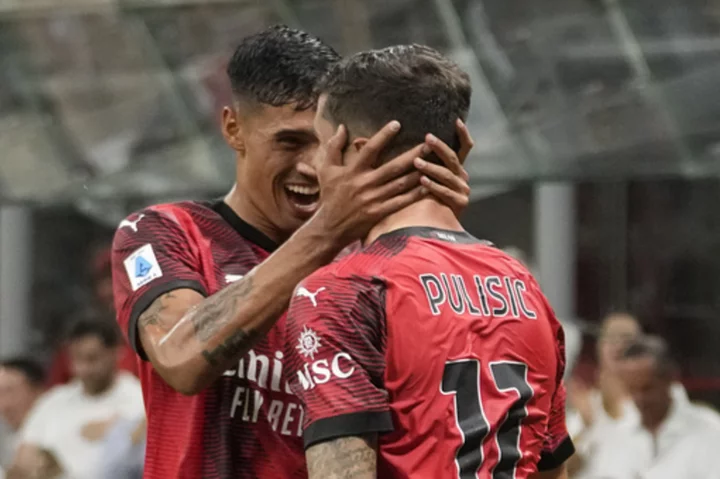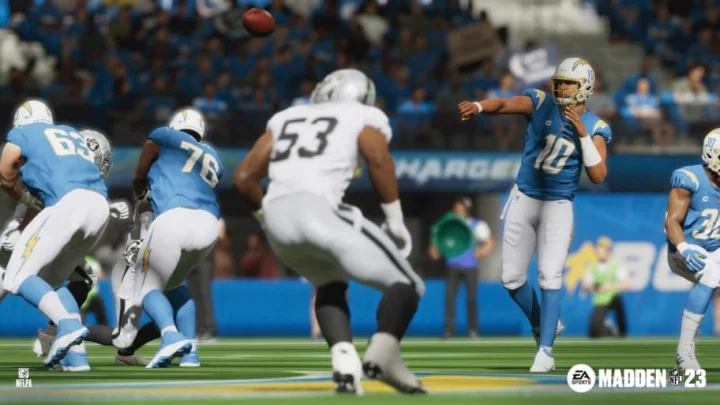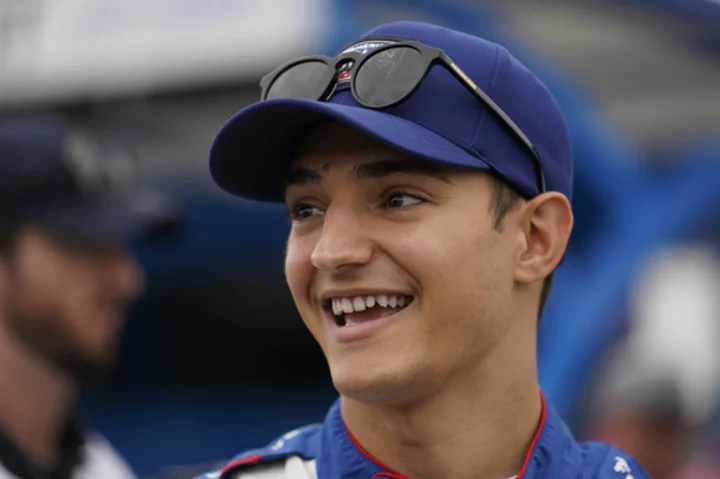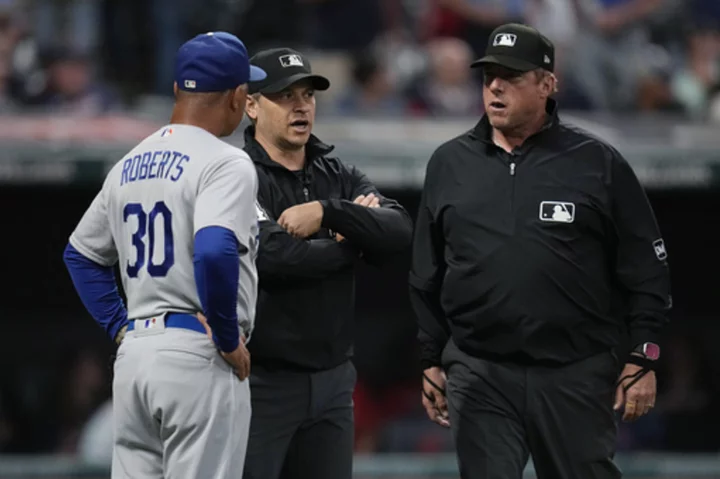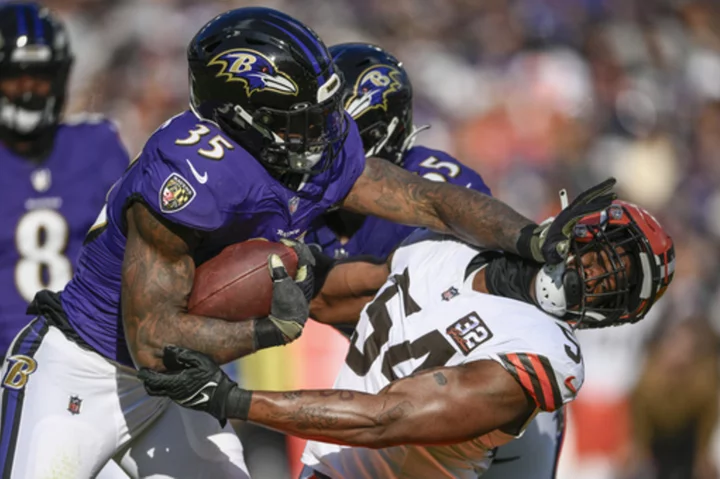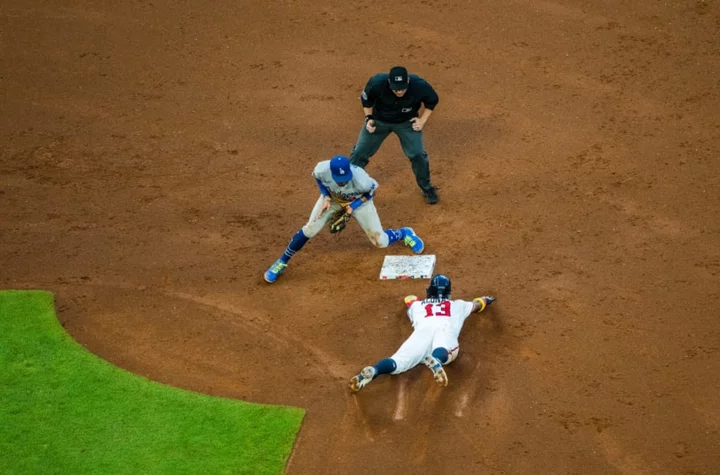Team USA went without a medal for the second FIBA World Cup in a row this summer. LeBron James has reportedly already called in The Avengers for the 2024 Olympics in Paris as the United States looks to remind everyone that they are still the kings of basketball. Win or lose next summer, that doesn't matter.
America's 15 best players are better than any other country's 15 best players. That's not the lesson to be taken away from Team USA's continued struggle when they send anyone besides their best to FIBA tournaments. Other countries have already proven capable of producing talent among the world's best. Yao Ming and China, Dirk Nowitzki and Germany, Giannis Antetokounmpo and Greece, Nikola Jokic and Serbia, Joel Embiid and Cameroon, and you get the idea. There's no guarantee America has the best player, but the best 15 is still undisputed for the most part.
But what if we dig deeper, and look beyond the top 15, 20, or even 50 players in the NBA? As we get to players 51-450, how certain are we that these guys are truly the best 450 players in the world? Because that is what's up for debate following Team USA's flameouts in the 2019 and 2023 FIBA World Cup.
The Team USA squad from this summer had one top-20 player on it: Anthony Edwards. The rest? Somewhere between 30-50. The best team they beat? Italy. They lost to Lithuania and Germany and struggled against Montenegro. Let's take a look at their loss to Germany.
Germany's roster featured four NBA players: Dennis Schroder, Franz Wagner, Daniel Theis, and Mo Wagner. These four undoubtedly formed the core of this squad and fueled their success, but who was the x-factor in their semifinal win over Team USA? Andreas Obst. The 27-year-old shooting guard lit up Team USA with 24 points. He plays for Bayern Munich (yes, they have a basketball team with the same name), and has never even sniffed the NBA. He went undrafted in 2018 and never even participated in an NBA Summer League.
Obst had an above-average performance against Team USA, but not by much. He has shot 40 percent or better from three-point range for three straight seasons in Europe. He would be the best pure shooter on a handful of NBA teams right now, and at least second or third on most teams.
Why doesn't the NBA push to sign more of the best European players?
So why isn't he in the NBA? Are NBA front offices still biased against overseas professionals? This is probably a reach. We're not absolving all front offices of bias here, there are likely still a handful that sour on overseas professionals but they are the exception, not the rule.
Additionally, we don't know that NBA teams haven't tried to sign Obst. Believe it or not, many European players are happy to stay in Europe and don't feel the need to prove themselves in the NBA. Spanish point guard Sergio Llull was drafted early in the second round of the 2009 NBA draft by the Denver Nuggets. His rights were then bought by the Houston Rockets for $2.5 million, a record for a second-round pick at the time.
The Rockets offered Llull $23 million over 3 years and a starting spot alongside James Harden in the summer of 2015, and he said no. Surprising? Yes. Unique? No. Nikola Mirotic rejected NBA offers to return to Europe in the summer of 2019. Fran Vasquez was selected 11th overall by the Orlando Magic in 2005 and never came over, becoming one of two lottery picks in the league's history to never play a second in the NBA.
But why? Why don't these players want to play in the best league in the world? Money, and life. Both Mirotic and Vasquez have cited varying levels of homesickness when explaining their decisions to continue their professional careers in Europe. For Llull, he is arguably the second most popular athlete from Madrid in the past decade. Only Cristiano Ronaldo has a clear argument ahead of him.
The money is lower than NBA salaries, far lower, but it brings much more security. Trades are practically non-existent in European professional basketball. If you sign with a team, you are likely staying there for the duration of your contract, and rarely getting moved in-season. For many players, especially once they have families, this is more important than the final dollar amount.
Additionally, the NBA has clearly shifted its overarching views on overseas professionals. Since the 2012-13 Euroleague season, nine out of ten Euroleague MVPs have played in the NBA. The only one who didn't was Llull. It's not just the stars who they're pursuing either. Obst's German teammate, Theis, started two games for Brose Bamberg in the 2016-17 season before signing with the Boston Celtics. Another German, Maxi Kleber, joined the Dallas Mavericks without ever playing in EuroLeague. Joe Ingles signed with the Utah Jazz after averaging less than 7 points per game in four consecutive EuroLeague seasons.
So what's the point? The NBA is recognizing the amount of high-quality players produced overseas, and some of them simply don't want to come. Why should anything change? Because the NBA is the richest basketball league in the world, that's why.
EuroLeague's best players get plucked to the NBA every summer, on repeat. They don't have the money or resources to compete, and if they did, they would not go quietly. The NBA is not unleashing its entire arsenal. They are not aggressive or innovative enough to pursue the best talent overseas.
Many NBA teams are filling out their rosters this summer by signing players like Blake Griffin, John Wall, Patrick Beverley, and other veterans to minimum contracts. This is not only easy but even encouraged by the league's Collective Bargaining Agreement. It's also safe, rarely is a front office held to the fire for filling out their roster with league veterans. It is, however, lazy and cowardly. Let's be honest, we know what these guys are capable of at these stages of their careers. They're not finding a second or third wind late into their 30s, nor are they adding anything to their game. They are reliable but rarely surprising.
Why settle for that instead of trying something new? Instead of Blake Griffin, sign Roland Smits who is six years younger, coming off a great World Cup with Latvia, and has shot 37 percent from deep on nearly 500 attempts over the past three seasons.
And don't just sign him, commit to him. Quell any anxieties he has. Guarantee his contract if he's concerned about getting cut due to a bad training camp. Give him a no-trade clause if he's worried about moving his family and then getting traded. If he's not bringing his family but is worried about homesickness, guarantee some visits back home by private jet each month. Lastly, hire someone to keep him happy, a relocation expert for international players. Professional soccer teams have had these for over a decade now and have seen huge returns on the investment. If NBA teams aren't doing this, it's a failure.
The NBA has made progress in its estimation of professional basketball overseas, but they are still coming up short. In the wealthiest league in the world, failure brought by fear is unacceptable. Failure from innovation will move us forward and only make us all more successful.

